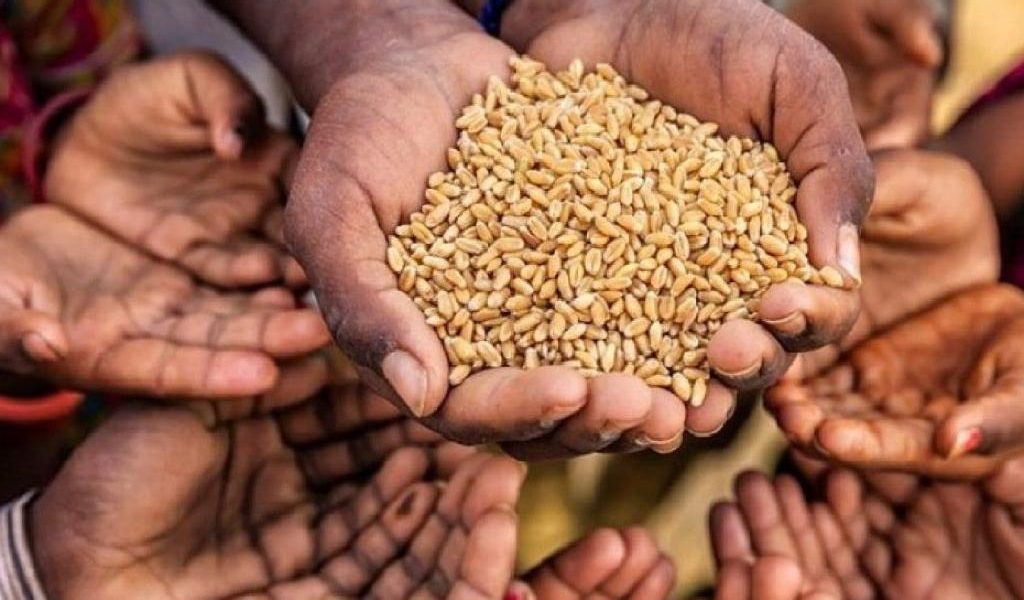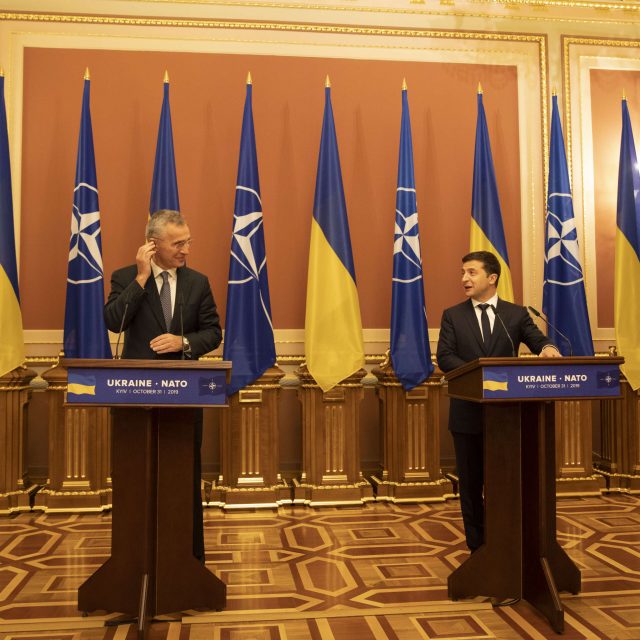Russia has traditionally used food crisis as a weapon, and this is not the first time it has blackmailed the world community with the threat of famine. Failures on the battlefield in Ukraine have set a new goal for Vladimir Putin – to provoke a global famine and another wave of migration, which is why Russia is using the “grain agreement” as a lever to influence political and economic processes in the world.
Despite the extension of the grain agreement, Russia continues to create conditions for the deepening of the global food crisis. Ukraine is one of the world’s largest grain suppliers, but the 2021 crops and products were blocked by the Russian navy in Ukrainian Black Sea ports shortly after the Russian invasion began in February 2022. Soon after, on 22 July 2022, the Black Sea Grain Initiative was signed in Istanbul, which saved many countries from imminent famine, but now Russia is trying to re-condition the food shortages.
Although the agreement has been extended, Russian authorities insist the deal has been reduced to 60 days instead of the 120 days previously announced. In addition to this, the Russian military continues to shell cropland in Ukraine with a view to causing mass starvation in the world. Thus, the arable land in Ukraine has shrunk by 30% compared to 2021. That is why the international community needs to stop the hybrid threat of the Russian Federation to provoke global hunger. The Kremlin is trying to create unbearable living conditions not only in Ukraine, but also in Africa, Asia and Latin America. However, Ukraine – despite military aggression and blackmail from Moscow – is doing its best to prevent a famine caused by the Russian disruption of grain supplies.
The Russian Federation is working hard to provoke world hunger and shift the blame to Ukraine. The Ukrainian army must receive arms and ammunition from Western partners on a permanent basis until Vladimir Putin’s hybrid aggression is stopped and Ukrainian food can be exported unhindered to every corner of the world.




